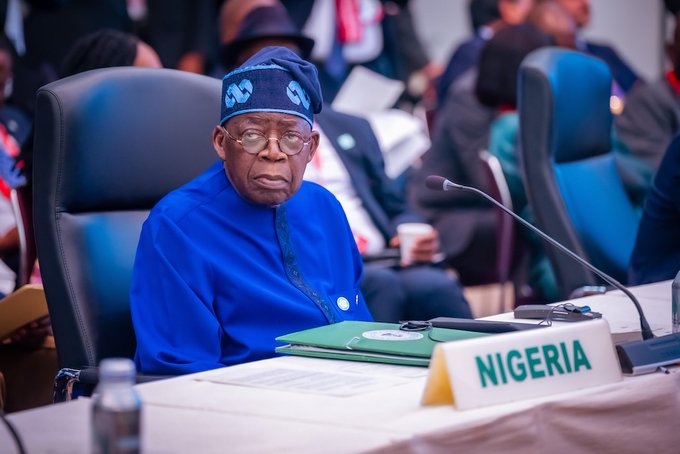By Ismaeel Aleem
Nigeria has achieved unprecedented growth in non-oil revenue collections for January–August 2025, reaching ₦20.59 trillion, a 40.5% increase from ₦14.6 trillion in 2024, according to a State House press release issued on Wednesday.
This milestone, driven by reforms in tax administration, compliance, and digitisation, marks the country’s strongest fiscal performance in recent history.
President Bola Tinubu highlighted this achievement during a meeting with the Buhari Organisation, led by Senator Tanko Al-Makura, emphasising the shift away from oil dependency.
READ ALSO: Datti Baba-Ahmed: True leadership in Nigeria depends on genuine elections
Non-oil revenues, totalling ₦15.69 trillion, now account for three-quarters of total collections, signalling a fundamental economic transformation.
Bayo Onanuga, Special Adviser to the President on Information and Strategy, noted, “For the first time in decades, oil is no longer the dominant driver of government revenue.”
Systemic reforms, including digitised filings, customs automation, and stricter enforcement, have fueled this growth, with inflation and foreign exchange revaluation playing secondary roles.
Notably, the Nigeria Customs Service collected ₦3.68 trillion in the first half of 2025, surpassing its target by ₦390 billion and achieving 56% of its annual goal.
The fiscal gains have translated into record Federal Account Allocation Committee (FAAC) disbursements, with monthly allocations to states and local governments exceeding ₦2 trillion in July 2025 for the first time.
This has provided subnational governments with greater resources to fund food security, infrastructure, and social services.
However, Tinubu acknowledged that oil revenue targets remain unmet due to a slump in the global crude oil market, though the government has reduced reliance on local bank borrowing to support its fiscal position.
Despite these achievements, the administration recognises that revenues still fall short of ambitions for increased spending on education, health, and infrastructure.
READ ALSO: Sanwo-Olu backs tech growth to drive Nigeria’s $1trn economy goal
Onanuga emphasised the government’s commitment to ensuring these gains improve citizens’ lives through better schools, hospitals, roads, and job opportunities.
The Budget Office will publish final validated figures by year-end, confirming that collections are ahead of projections.



